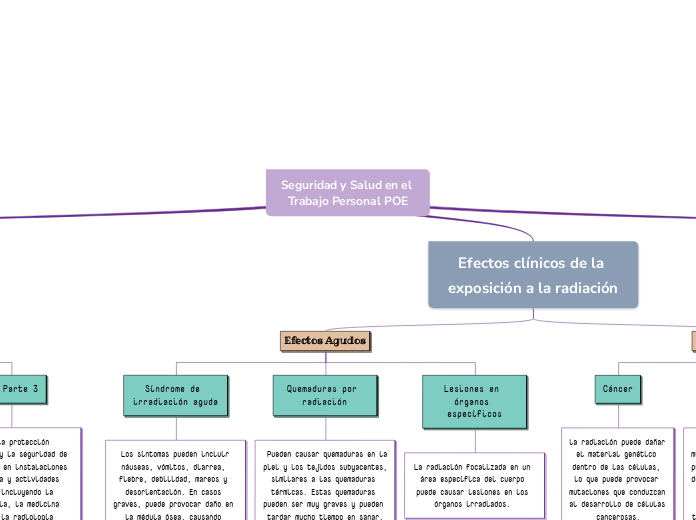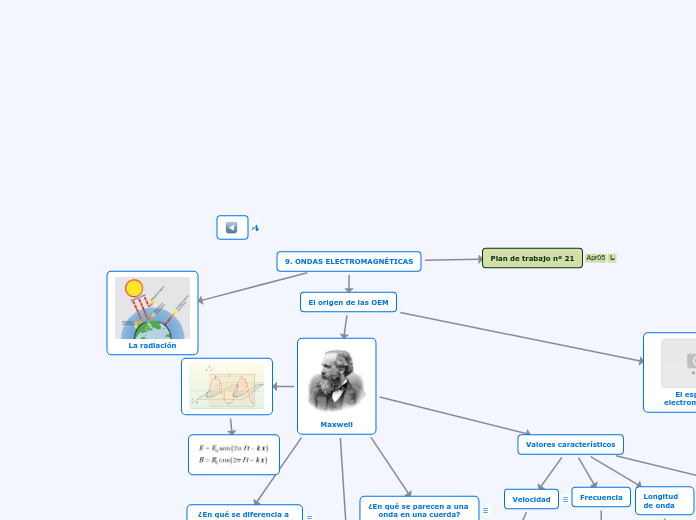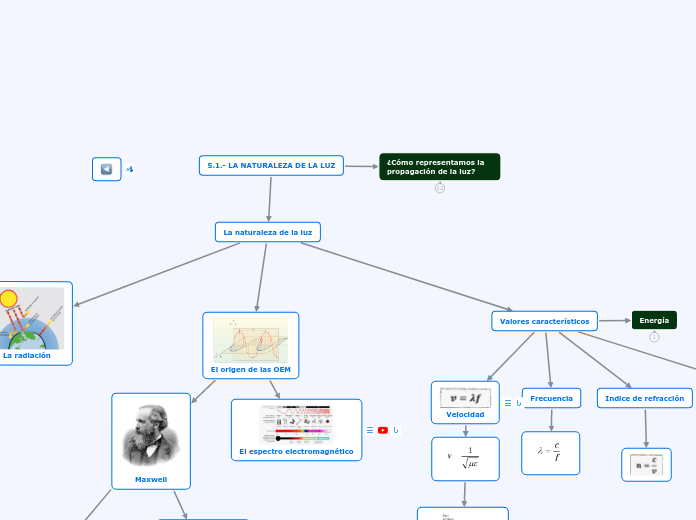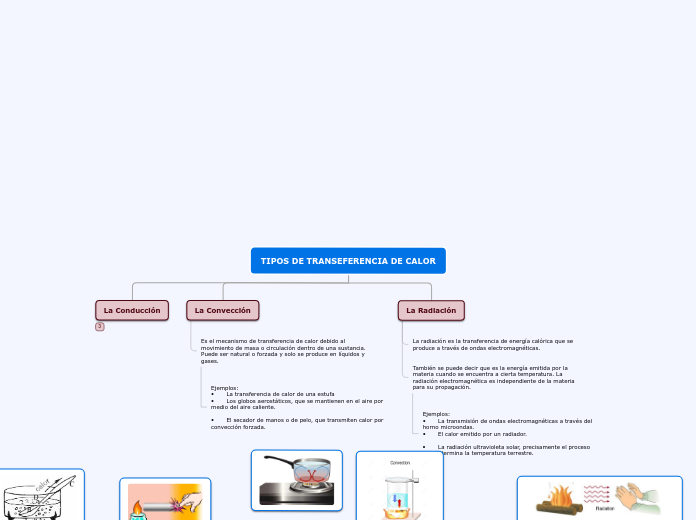Seguridad y Salud en el Trabajo Personal POE
Type in the name of the multiple-perspectives text.
Example: Bridge to Terabithia by Katherine Paterson
Unidades del sistema internacional
Más Comunes
Whose character does the third point of view belong to?
Type in his/her name.
Example: Mr. Aarons, Jesse's father.
En radiología
Gray (Gy)
Sievert (Sv)
Becquerel (Bq)
Curie (Ci)
En general
What does the character think, say or do that suggests their perspective on the issue?
Type in a quote and try to maintain the citation format.
Example: 'He would like to show his drawings to his dad, but he didn't dare. (...) He'd thought his dad would be pleased. He wasn't. What are they teaching in that damn school? he had asked.' (Paterson, 2.8)
Metro (m)
Segundo (s)
Kelvin (K)
Mol (mol)
Candelas (cd)
What kind of narration introduces the viewpoint?
Choose an answer:
First person point of view - using the personal pronouns 'I' or 'we'Second person point of view - using the personal pronoun 'you'Third person point of view - using the third-person pronouns 'he', 'she' and 'they'Omniscient point of view - an all-seeing observer tells the story
Efectos clínicos de la exposición a la radiación
Efectos Crónicos
Enfermedades crónicas no cancerosas
Existe el riesgo de desarrollar enfermedades crónicas no cancerosas, como enfermedades cardíacas y trastornos del sistema endocrino.
Daño genético
Puede resultar en mutaciones genéticas que pueden transmitirse a la descendencia. Esto puede aumentar el riesgo de anomalías genéticas y trastornos hereditarios en generaciones futura.
Cáncer
Type in a relevant quote that highlights the character's point of view towards
Efectos clínicos de la exposición a la radiación.
Try following a citation format: author's name, chapter, and page.
Example: 'Jesse drew the way some people drank whiskey. (...) Lord, he loved to draw. (...) When he was in first grade, he told his father that he wanted to be an artist when he grew up.' (Paterson, 2. 7)
la radiación puede dañar el material genético dentro de las células, lo que puede provocar mutaciones que conduzcan al desarrollo de células cancerosas.
Efectos Agudos
Lesiones en órganos específicos
La radiación focalizada en un área específica del cuerpo puede causar lesiones en los órganos irradiados.
Quemaduras por radiación
Pueden causar quemaduras en la piel y los tejidos subyacentes, similares a las quemaduras térmicas. Estas quemaduras pueden ser muy graves y pueden tardar mucho tiempo en sanar.
Síndrome de irradiación aguda
Los síntomas pueden incluir náuseas, vómitos, diarrea, fiebre, debilidad, mareos y desorientación. En casos graves, puede provocar daño en la médula ósea, causando síndrome hematopoyético, daño gastrointestinal agudo y daño en el sistema nervioso central.
Normativas
vigentes
Identify an important issue from the text that is being presented from different angles. Type it in.
Example: Jesse's drawing talent.
Internacional
Decide on the second point of view
Name the character (it can either be the main character or one of the supporting characters) whose point of view you are presenting.
Example: Miss Edmunds, Jesse's music teacher.
GSR Parte 3
Aborda la protección radiológica y la seguridad de las personas en instalaciones de práctica y actividades médicas, incluyendo la radioterapia, la medicina nuclear, la radiología diagnóstica y otros procedimientos médicos que involucran fuentes de radiación ionizante.
ICRP 60
Establece los principios básicos de protección radiológica, incluyendo la justificación de las prácticas, la optimización de la protección y la limitación de dosis.
ICRP 103
Type in a quote that points out the character's position about the issue.
Try to follow a citation format: author's name, chapter, and page.
Example: 'She said he was unusually talented, and she hoped he wouldn't let anything discourage him.' (Paterson, 2. 8)
Proporciona recomendaciones actualizadas sobre la protección radiológica de las personas expuestas a radiaciones ionizantes, incluyendo trabajadores, pacientes y miembros del público.
How is the viewpoint introduced in the story?
Choose an answer:
First person point of viewSecond person point of viewThird person point of viewOmniscient point of view
Nacional
Decide on the first point of view you are going to present.
Type in the name of the character (it can either be the main character or one of the supporting characters) whose point of view belongs to.
Example: Jesse Oliver Aarons, Jr., the main character of the novel, a fifth-grader living in a rural Southern area.
NOM-052-SEMARNAT-2005
Establece las características, el procedimiento de identificación, clasificación y los listados de los residuos peligrosos.
NOM-031-NUCL-1999
Requisitos de seguridad radiológica en instalaciones industriales.
NOM-229-SSA1-2002
Type in a relevant quote that highlights the character's point of view towards
Normativas
vigentes.
Try following a citation format: author's name, chapter, and page.
Example: 'Jesse drew the way some people drank whiskey. (...) Lord, he loved to draw. (...) When he was in first grade, he told his father that he wanted to be an artist when he grew up.' (Paterson, 2. 7)
Salud ambiental. Requisitos sanitarios que deben cumplir los establecimientos de radiodiagnóstico.
What type of narration introduces the viewpoint?
Choose an answer:
First person point of view - using the personal pronouns 'I' or 'we'Second person point of view - using the personal pronoun 'you'Third person point of view - using the third-person pronouns 'he', 'she' and 'they'Omniscient point of view - an all-seeing observer tells the story









